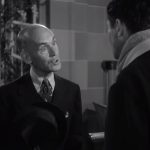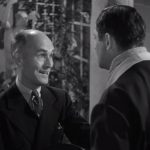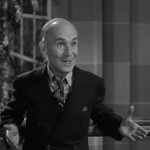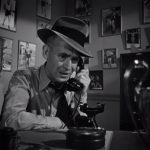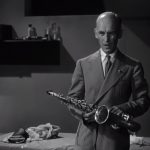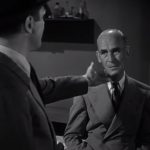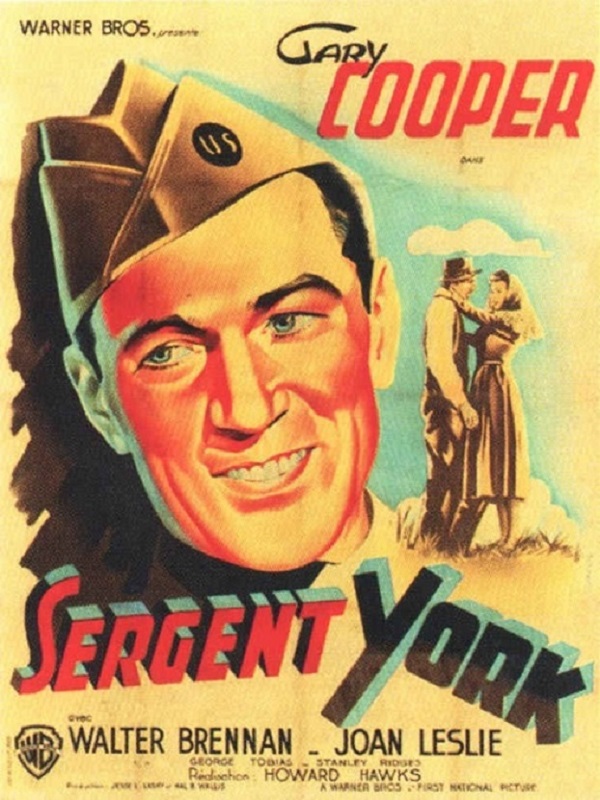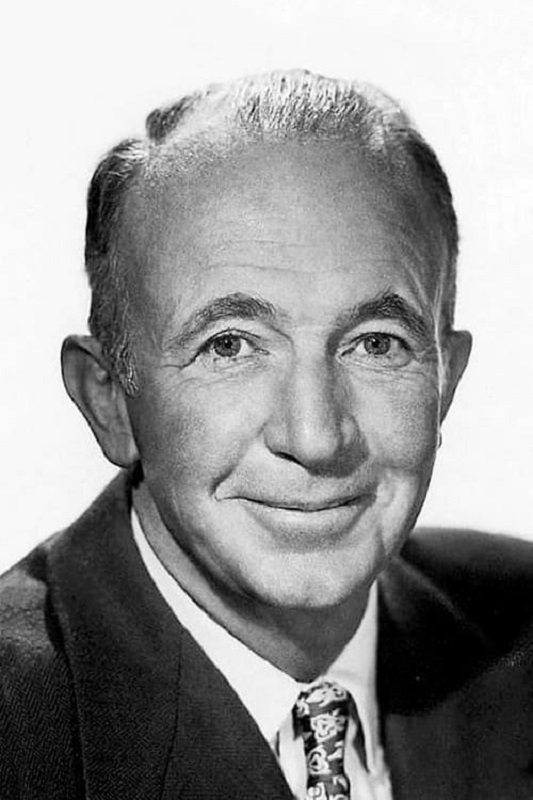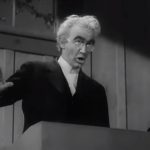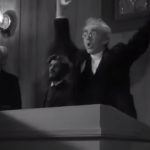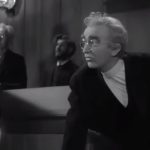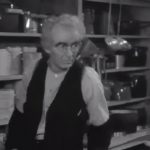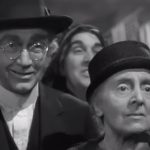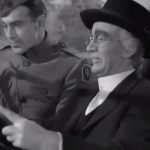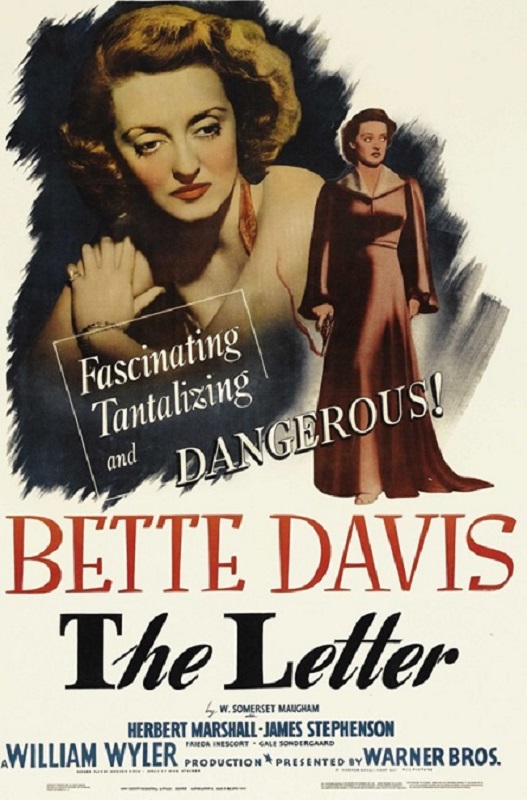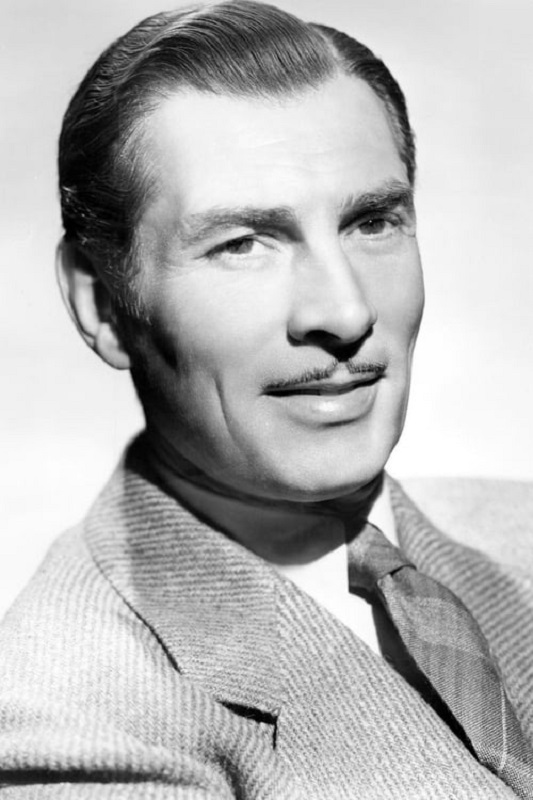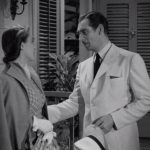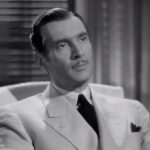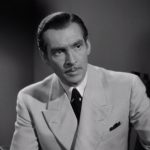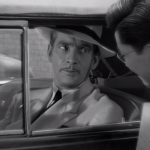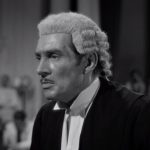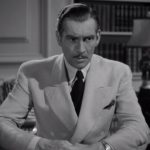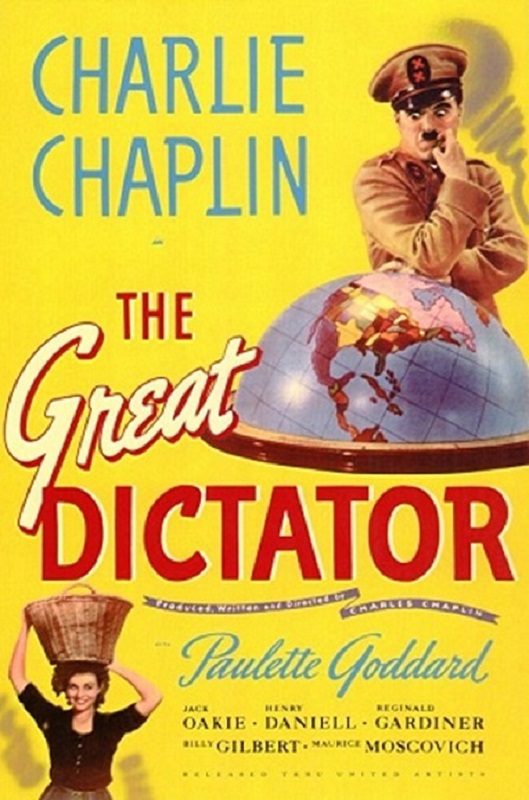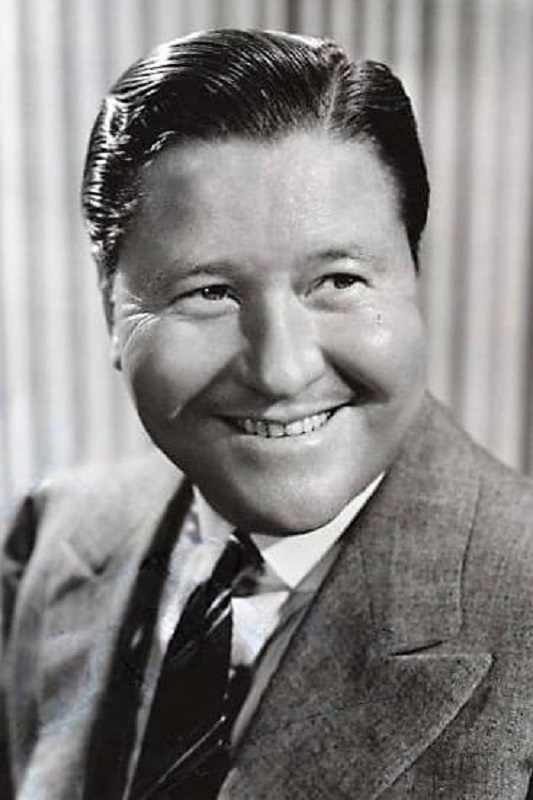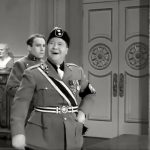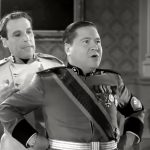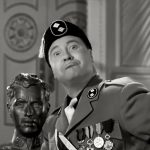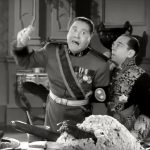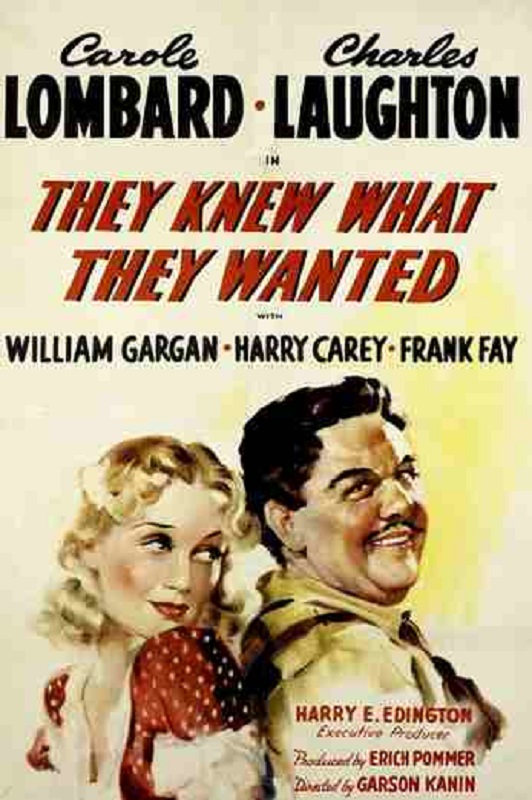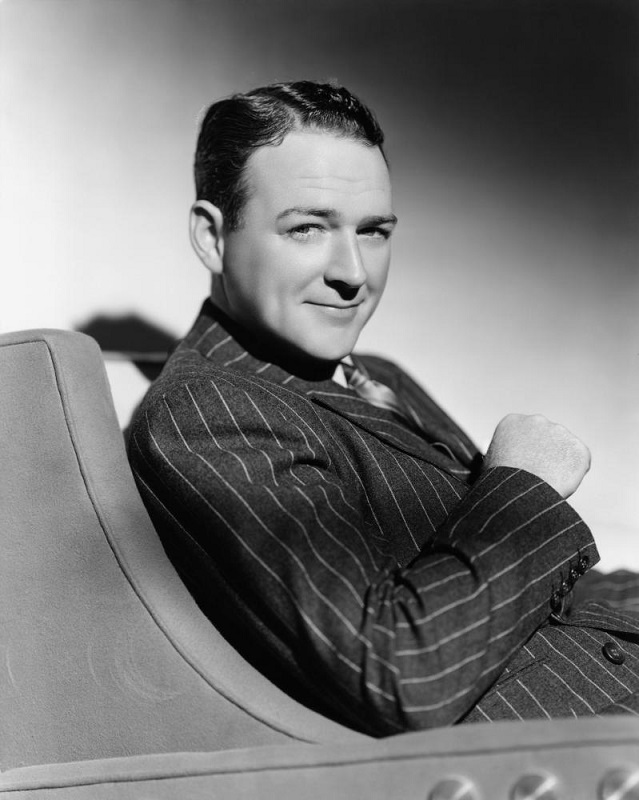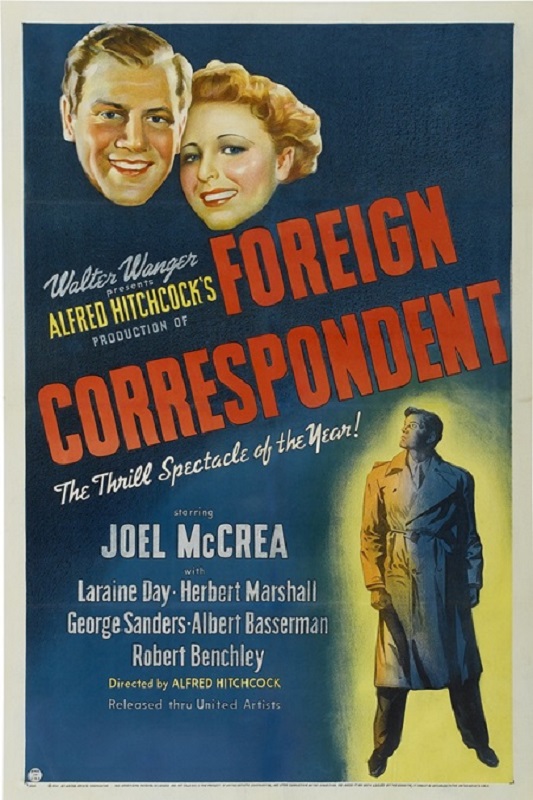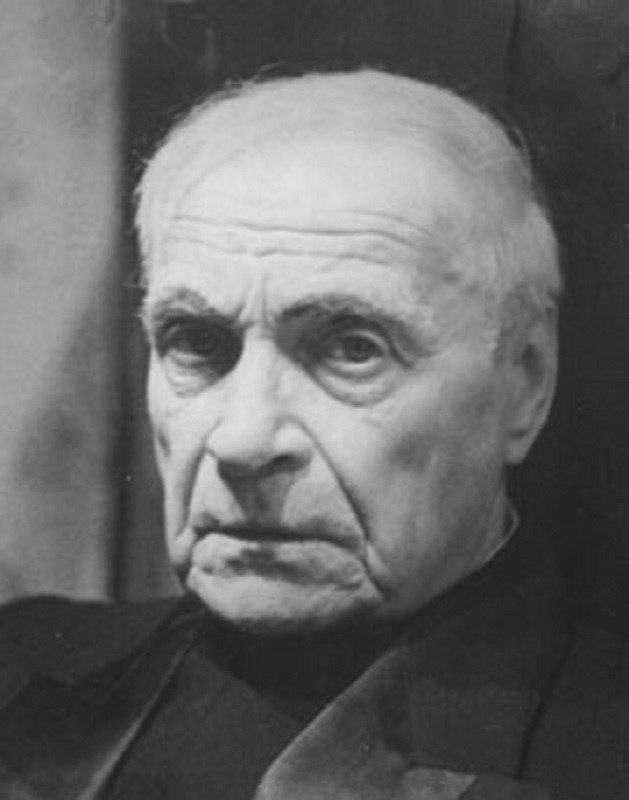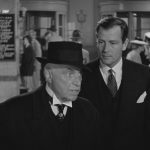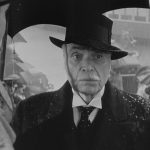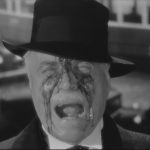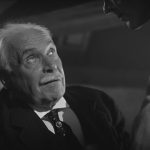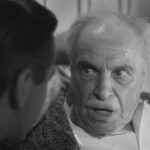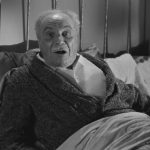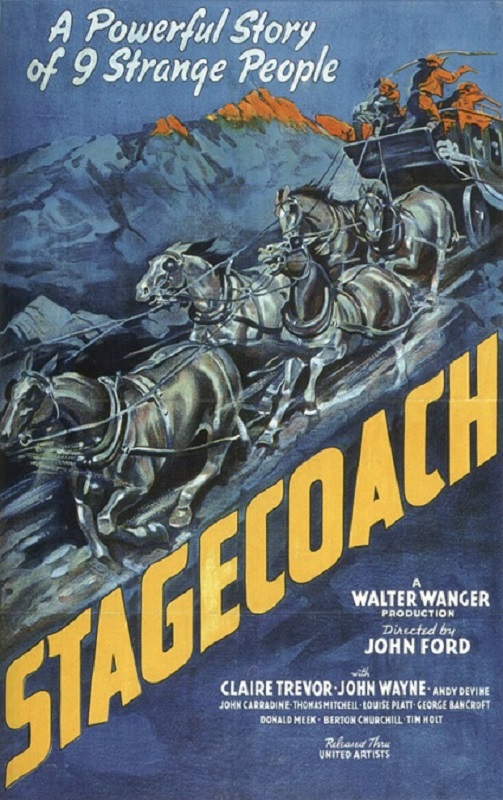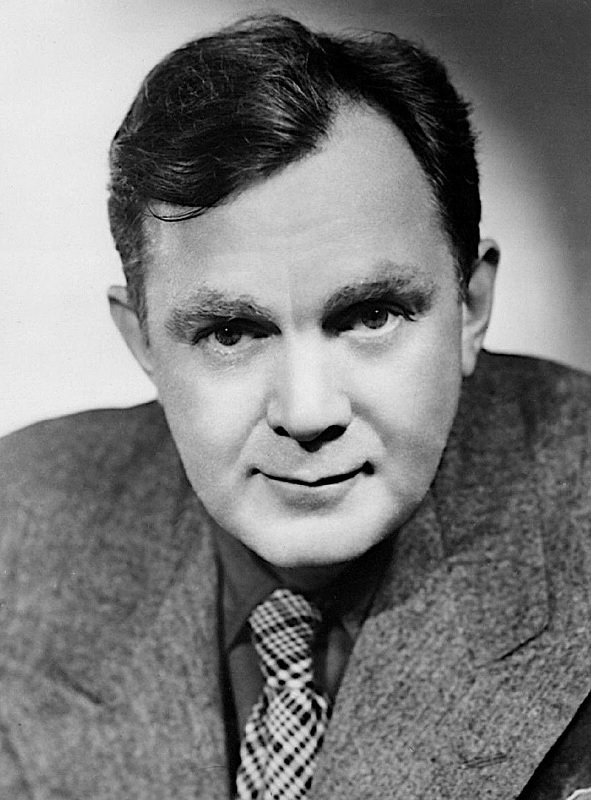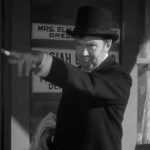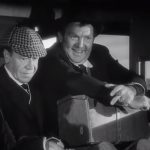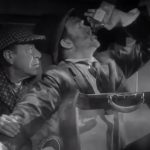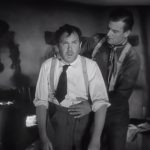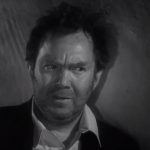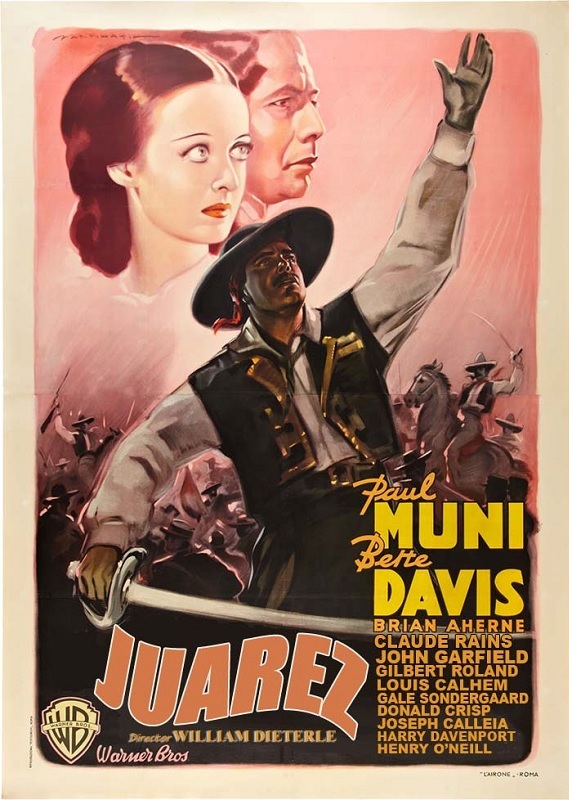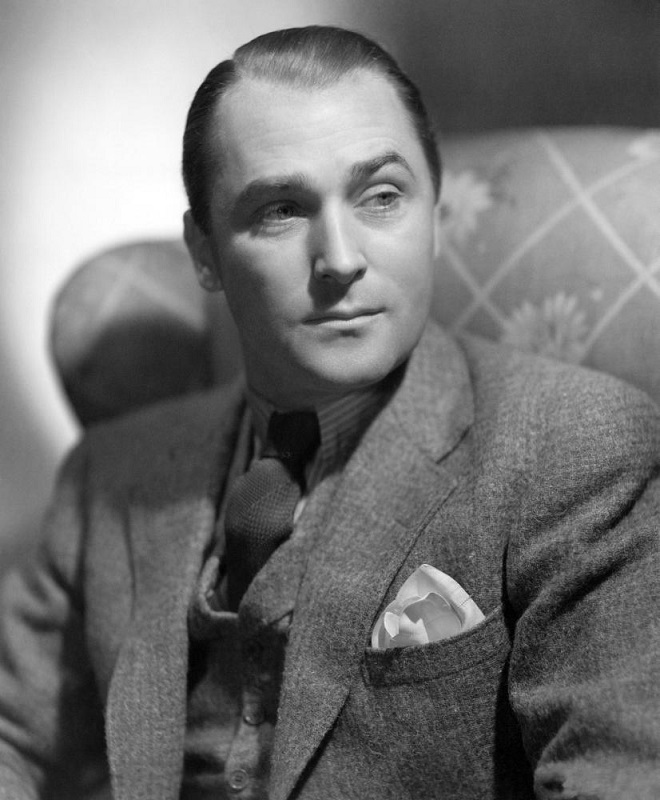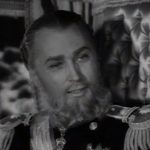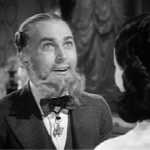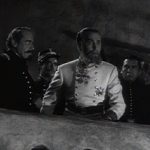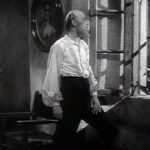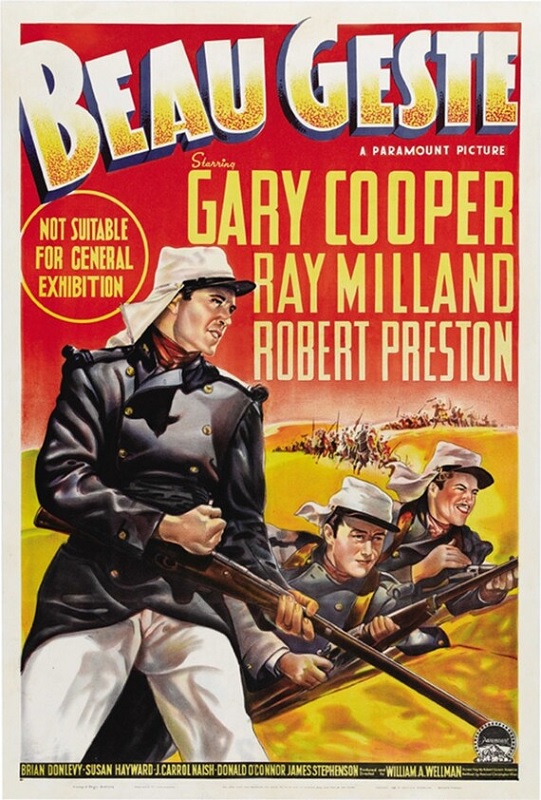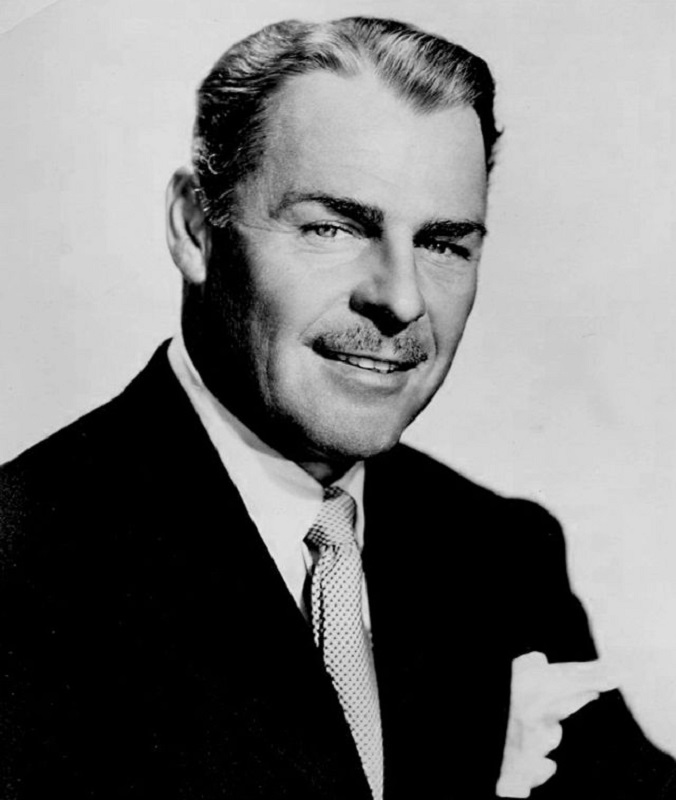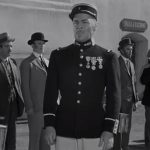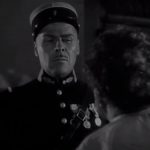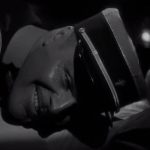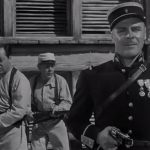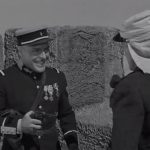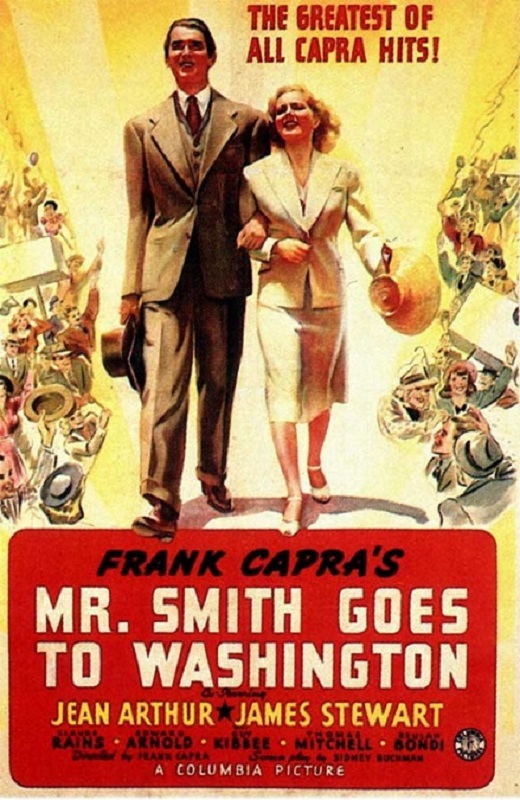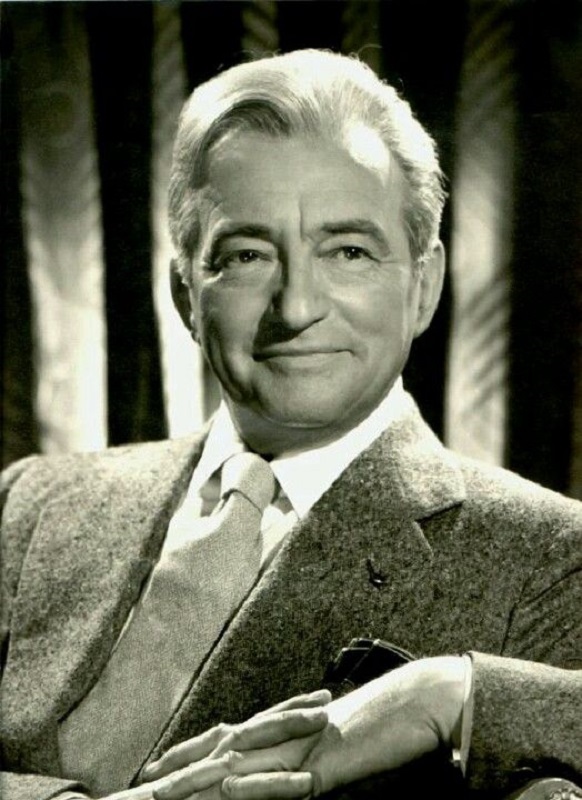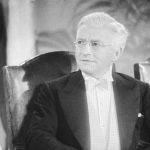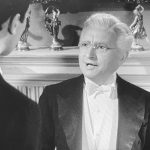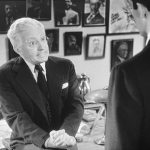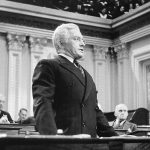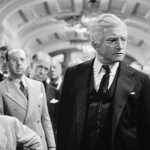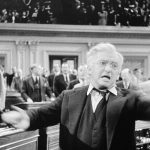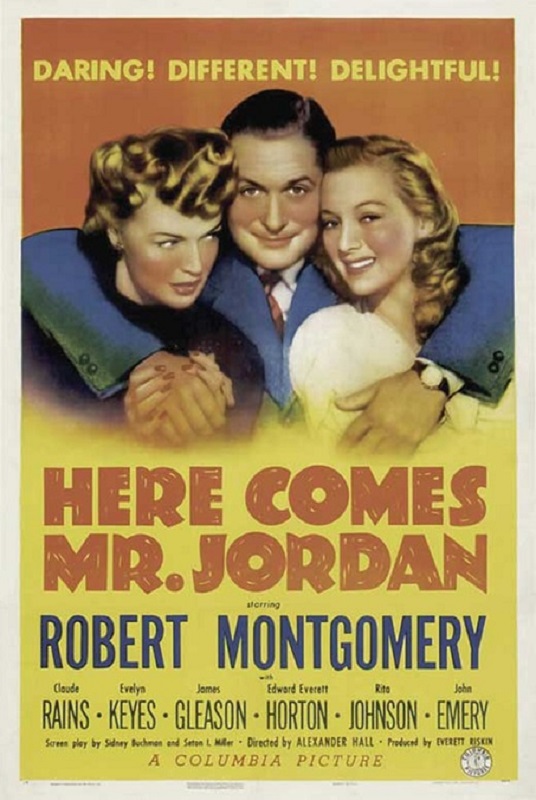
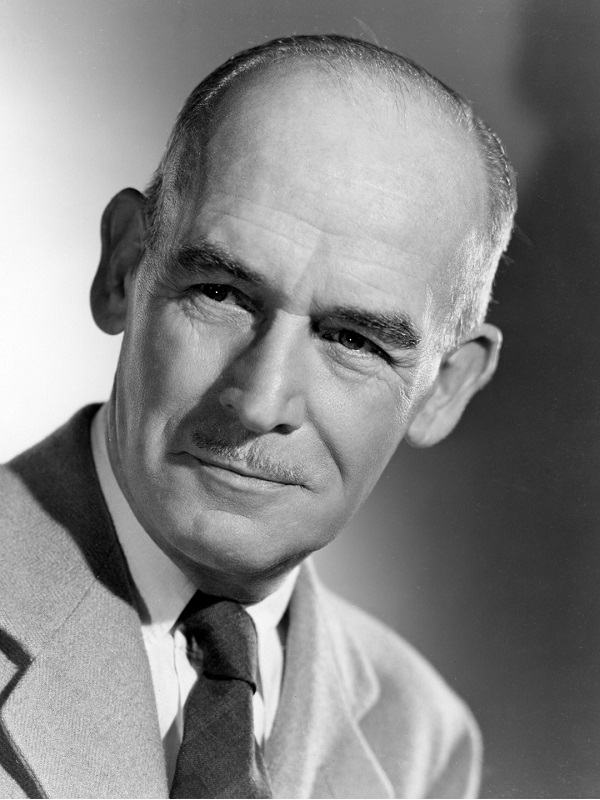

1941 – James Gleason
Here Comes Mr. Jordan
Much like Robert Montgomery’s Best Actor nomination, I don’t really get why James Gleason’s performance was so highly regarded, though at the same time, I think Gleason deserved his nomination more than his costar. The movie is a light-hearted comedy, a genre that is often overlooked when it comes time for awards. . Gleason played a supporting character who seemed to be, at times, a bit of comic relief. And to be fair, I think he was actually the funniest part of the movie, which, unfortunately, isn’t really saying much.
He played Max “Pop” Corkle, Joe Pendleton’s boxing manager. After Joe Dies in a plane crash and comes back as a rich investment banker and tries to tell Max who he really is, Gleason’s “You’re who? Sure you are, buddy. And who’s the invisible angel you’re talking with? Let’s get you back to the loony bin,” act was perfect. But it doesn’t take long for him to be convinced of Joe’s real identity, and he finds himself trying to negotiate with the invisible angel.
It was a silly movie, and fortunately, it was clear that the actors weren’t taking any of it too seriously. But Gleason stood out, making his performance just enough over-the-top, as was necessary in a comedy, to be amusing. None of the comedy was really outrageous or in your face, but it was all pretty inoffensive and innocent.
But then in the last few scenes in the movie, his character actually took a turn for the dramatic. When Joe’s new body is murdered, he is given word that Joe has been given yet another body. He goes to meet the new Joe, and is ready to resume his relationship with his friend, only to discover that while Joe may be the man in Murdock’s body, he has no memory of his past lives, no memory of his good friend Max Corkle. I think this is where Gleason earned his Oscar nomination.
The mix of disappointment and grief at losing his friend a second time seemed to really hit him hard. There was also a sense of loss as he is once again disconnected from the supernatural, and his world becomes mundane again. There was some genuine emotion on his face that was unmistakable. Gleason did a fine job in that brief final scene. But unfortunately, because of how his part was written, and not through anything the actor did or didn’t do, I think it was too little, too late. Gleason did a good job with what he was given. He just wasn’t given much.
